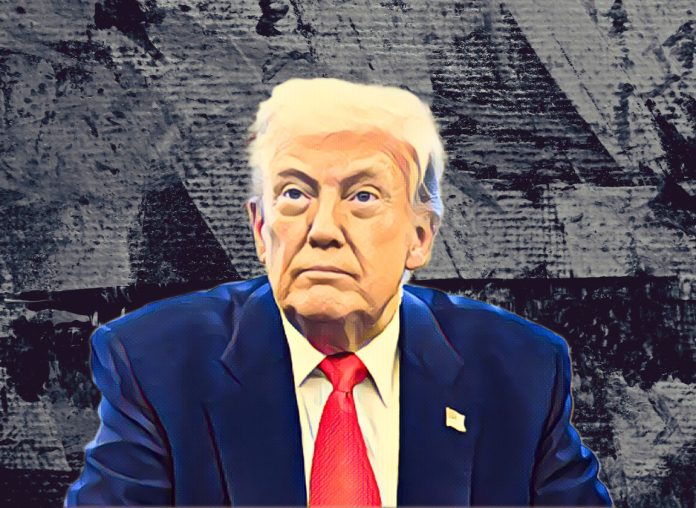Key Points
-
Trump’s tariffs could undermine the African Growth and Opportunity Act (AGOA), impacting trade relations.
-
Countries like Lesotho, Madagascar, and South Africa face steep tariffs due to trade surpluses with the US.
-
African nations are seeking ways to negotiate tariff reductions and diversify trade through AfCFTA.
Africa is reeling from a series of economic challenges, and now it faces another potential setback due to US President Donald Trump’s “tariff tantrum.”
This could jeopardize the African Growth and Opportunity Act (AGOA), a trade initiative that has allowed 32 sub-Saharan African countries duty-free access to the US market.
Impact of Trump’s tariffs on Africa
AGOA, which has existed for 25 years, may have been nearing its end even without Trump’s tariffs, as it was set for renewal in September 2025.
However, Trump’s proposed tariffs have effectively nullified AGOA’s benefits. According to US officials, these tariffs, scheduled to begin on April 9, 2025, will override the advantages granted under AGOA.
In a surprising move, Trump later suspended the tariff hikes for 90 days, with exceptions for China and certain other countries.
This temporary delay has provided African countries with a brief window to adjust, though the damage may already be done.
African nations face steep tariffs
Though few African countries have fully utilized AGOA, some nations, like South Africa, Lesotho, and Madagascar, have benefited significantly.
However, these countries now face steep “reciprocal” tariffs as a result of trade surpluses with the US. Ironically, the nations that benefited most from AGOA are hit the hardest.
Lesotho, a small nation that exported $237.3 million in goods to the US in 2024, now faces the highest tariffs globally, at 50%. Madagascar, which exported $733.2 million in goods to the US, is slapped with a 47% tariff.
Similarly, South Africa’s $3.57 billion in annual AGOA exports are at risk, potentially impacting the country’s already fragile economy.
Economic challenges for affected countries
These high tariffs are expected to lead to significant job losses. Lesotho, for example, could lose 12,000 jobs and close 11 factories due to the 50% tariff on its exports.
Madagascar, with its textile industry heavily dependent on AGOA, could see the loss of 60,000 jobs. South Africa, which exports vehicles and agricultural products under AGOA, could see a 0.3% drop in its GDP growth.
Africa’s response to Trump’s tariffs
Unlike major economies like China and the European Union, which can retaliate with tariffs of their own, African countries have limited economic power.
Therefore, their strategy involves negotiation rather than confrontation. Kenya, South Africa, and other countries have sent delegations to the US to lobby for tariff reductions or the reinstatement of AGOA’s benefits.
Lesotho and Madagascar are exploring alternative solutions, including negotiating with US companies for increased imports and investment.
Zimbabwe, despite being under US sanctions, has announced plans to facilitate more US imports in an attempt to balance trade.
What’s next for AGOA?
Despite the 90-day reprieve, the long-term future of AGOA is uncertain. Analysts believe AGOA could be terminated in the future, with some suggesting that a more transactional approach should be adopted in its place.
Stephen Lande of Manchester Trade said, “AGOA is dead for the long term, but we could see a short extension to allow a more transactional approach to emerge.”
Some experts, like Eckart Naumann, believe that even if the tariffs return, certain AGOA beneficiaries may still have an advantage over others.
Countries like Kenya, which face only a 10% baseline tariff, could be better positioned than nations like Lesotho or Madagascar, which would be severely impacted by the return of high tariffs on textiles.
Africa’s path forward
African nations now have a limited time to coordinate a response. They must also look beyond the US and focus on regional trade agreements.
The African Continental Free Trade Area (AfCFTA) offers an alternative path by promoting intra-Africa trade and reducing dependence on external markets.
With the temporary suspension of tariffs, African countries should accelerate the implementation of AfCFTA and seek stronger trade partnerships with reliable, rules-based trading partners.



